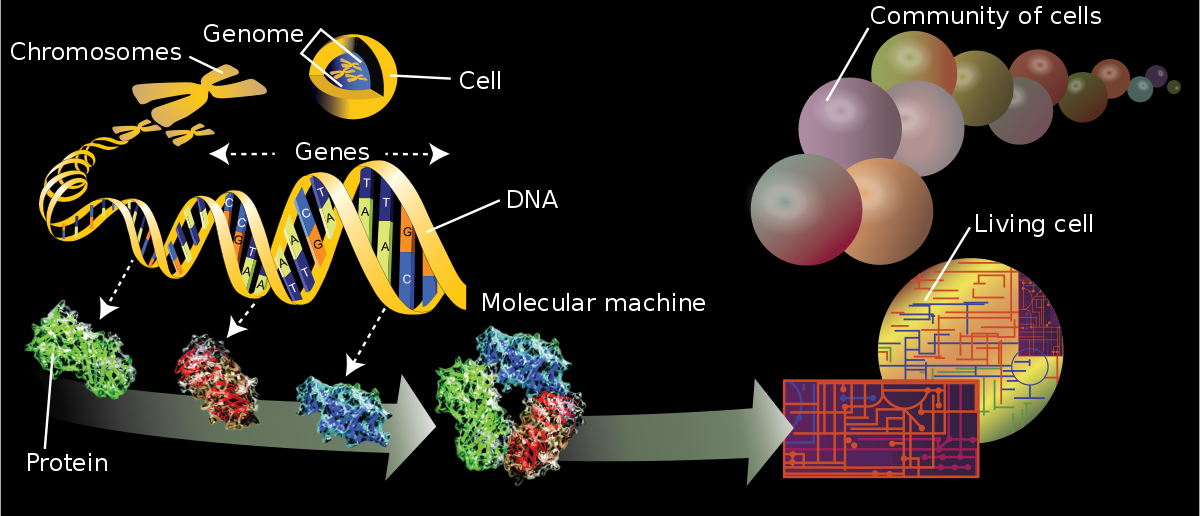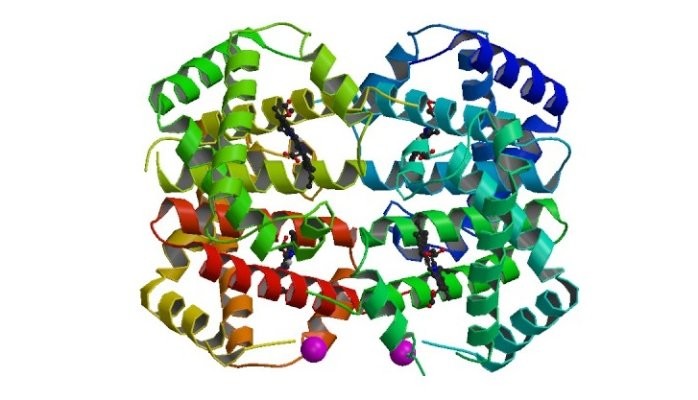| pytbioib19lm |
PYTHON programming for biologists |
1 |
Bioinformatics mandatory (32cr) |
8 |
Kozsik Tamás |
| kutmodub17gm |
Research methods PR |
1 |
Professional subjects (17cr) |
6 |
Miklósi Ádám |
| biometub17vm |
"Biometry and advanced biostatistics L+PR" |
1 |
Science subjects (11cr) |
5 |
Podani János |
| bioinfub17gm |
Bioinformatics PR |
1 |
Science subjects (11cr) |
4 |
Vellai Tibor |
| szabiohb17em |
Regulatory biology L |
1 |
Mandatory elective(24cr) |
4 |
Világi Ildikó |
| bioinfub17em |
Bioinformatics L |
1 |
Science subjects (11cr) |
2 |
Vellai Tibor |
| gentecub17em |
Genetechnology L |
1 |
Professional subjects (17cr) |
2 |
Málnási-Csizmadia András |
| evojatsb17em |
Evolutionary game theory L |
1 |
Mandatory elective(24cr) |
2 |
Scheuring István |
| immunomb17em |
Immunology L |
1 |
Mandatory elective(24cr) |
2 |
Kacskovics Imre |
| progengb17em |
Regulation of prokaryotic gene expression L |
1 |
Mandatory elective(24cr) |
2 |
Varga Máté |
| bioetiub17em |
Bioethics and Philosophy of Science L |
1 |
Professional subjects (17cr) |
1 |
Lőw Péter |
| evojatsb17em |
Computational Biology Algorithms |
2 |
Bioinformatics mandatory (32cr) |
8 |
Dosztányi Zsuzsanna |
| immunomb17em |
Analysis of Omics Data |
2 |
Bioinformatics mandatory (32cr) |
8 |
Vellai Tibor |
| szammosb17gm |
Computer modelling in biology PR |
2 |
Mandatory elective(24cr) |
6 |
Müller Viktor |
| gentecmb17lm |
Gene technology PR |
2 |
Mandatory elective(24cr) |
6 |
Nyitray László |
| baktaxmb17lm |
Bacterial taxonomy and virus diagnostic PR |
2 |
Mandatory elective(24cr) |
6 |
Tóth Erika |
| mamgy1ub17gm |
Advanced Methodology I. PR |
2 |
Professional subjects (17cr) |
4 |
Nyitray László |
| dsexplorf17vm |
Data Exploration and Visualization |
2 |
Mandatory elective(24cr) |
4 |
Visontai Dávid |
| pubangnb17gm |
Writing Scientific Papers in English PR |
2 |
Mandatory elective(24cr) |
3 |
Böddi Béla |
| rendb1ub17em |
Systems and omics biology I. L |
2 |
Professional subjects (17cr) |
2 |
Dobolyi Árpád |
| fehtudmb17em |
Protein Science L |
2 |
Mandatory elective(24cr) |
2 |
Kovács Mihály |
| novionnb17em |
Plant ionomics L |
2 |
Mandatory elective(24cr) |
2 |
Fodor Ferenc |
| baktaxmb17em |
Classical and molecular bacterial taxonomy L |
2 |
Mandatory elective(24cr) |
2 |
Tóth Erika |
| diplm1ub17dm |
Thesis Research Work I. PR |
3 |
Thesis work (30 cr) |
5 |
Nyitray László |
| progengb17em |
Structural bioinformatics |
3 |
Bioinformatics mandatory (32cr) |
4 |
Gáspári Zoltán |
| szabiohb17em |
Advanced Methodology II. PR |
3 |
Bioinformatics mandatory (32cr) |
4 |
Dosztányi Zsuzsanna |
| phygenib19vm |
Phylogenetics |
3 |
Mandatory elective(24cr) |
4 |
Szöllősi Gergely |
| sembioib19gm |
Seminars in bioinformatics |
3 |
Mandatory elective(24cr) |
4 |
Dosztányi Zsuzsanna |
| dsminingf17vm |
Data Mining and Machine Learning |
3 |
Mandatory elective(24cr) |
4 |
Csabai István |
| dsmodelsf17vm |
Data Models and Databases in Science |
3 |
Mandatory elective(24cr) |
4 |
Kiss Attila Elemér |
| genpopgb17em |
Genetics and population genetics L |
3 |
Mandatory elective(24cr) |
3 |
Vellai Tibor |
| novionnb17lm |
Plant ionomics PR |
3 |
Mandatory elective(24cr) |
3 |
Fodor Ferenc |
| terembub17em |
Nature and humankind L |
3 |
Professional subjects (17cr) |
2 |
Oborny Beáta |
| genomigb17em |
Genomics L |
3 |
Mandatory elective(24cr) |
2 |
Egyed Balázs |
| diplm2ub17dm |
Thesis Research Work II. PR |
4 |
Thesis work (30 cr) |
25 |
Nyitray László |
| advrprib19gm |
Advanced R programming for biologists |
4 |
Mandatory elective(24cr) |
4 |
Kaposi Ambrus |
| evotorsb17em |
Reconstructing evolutionary history from molecular sequences L |
4 |
Mandatory elective(24cr) |
2 |
Szöllősi Gergely |




